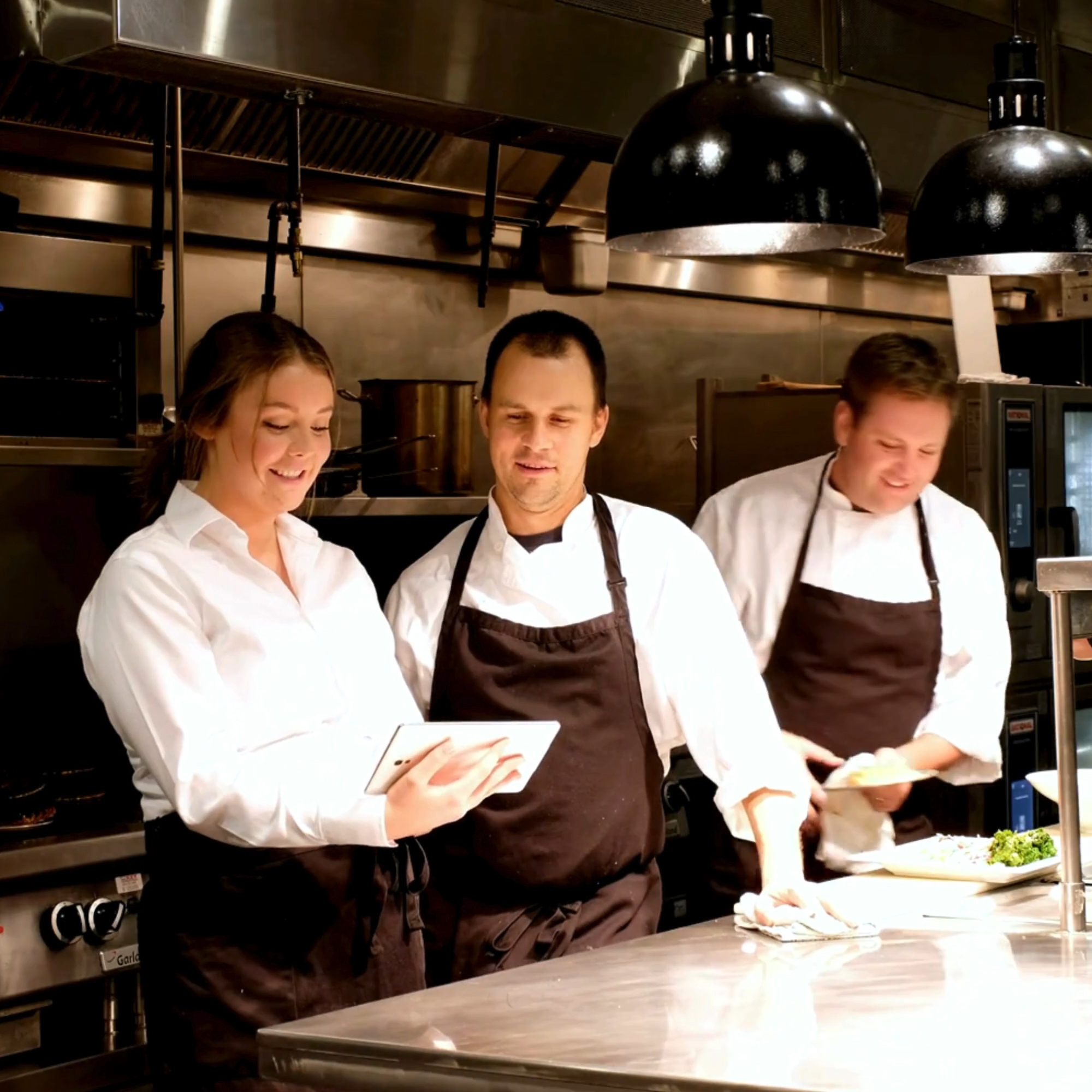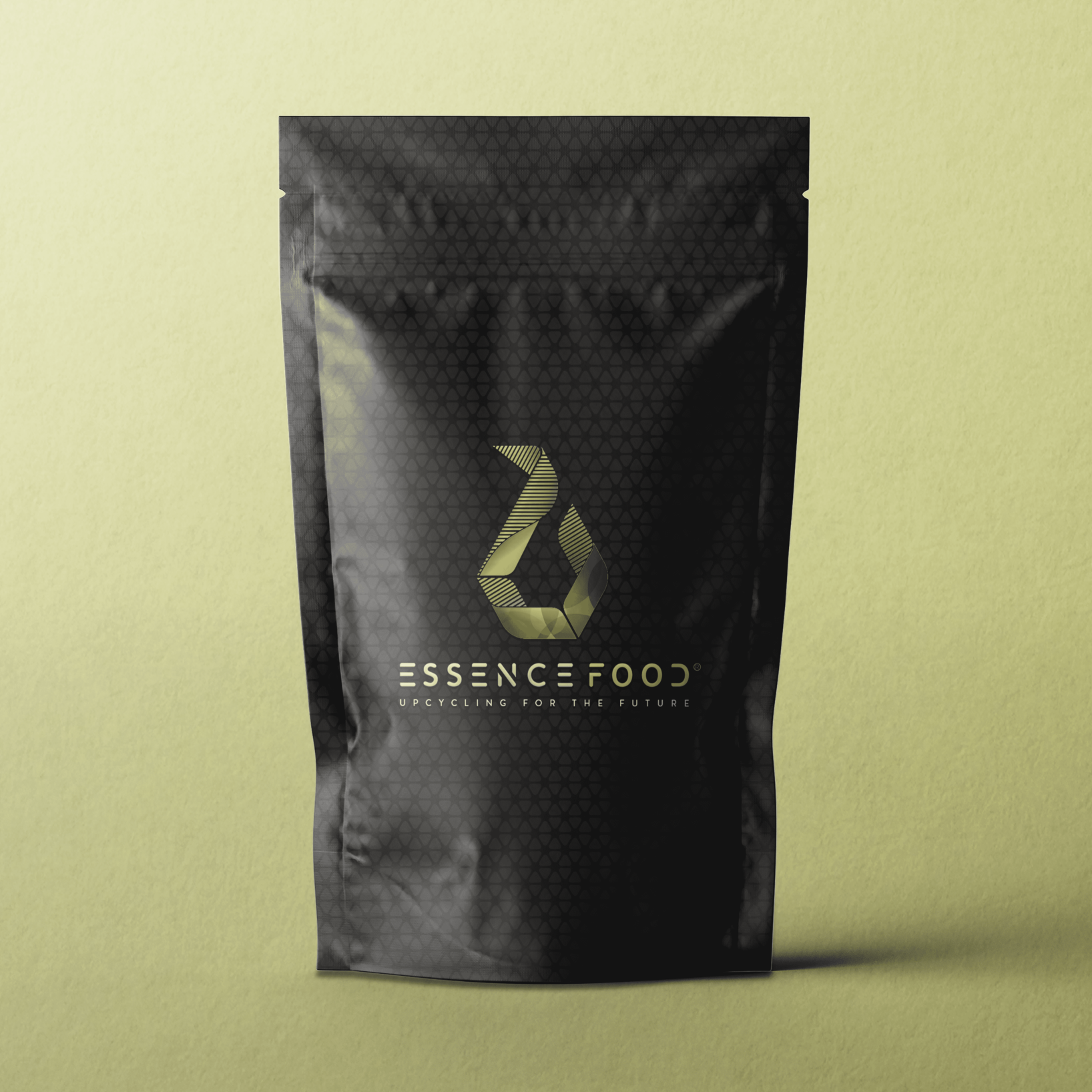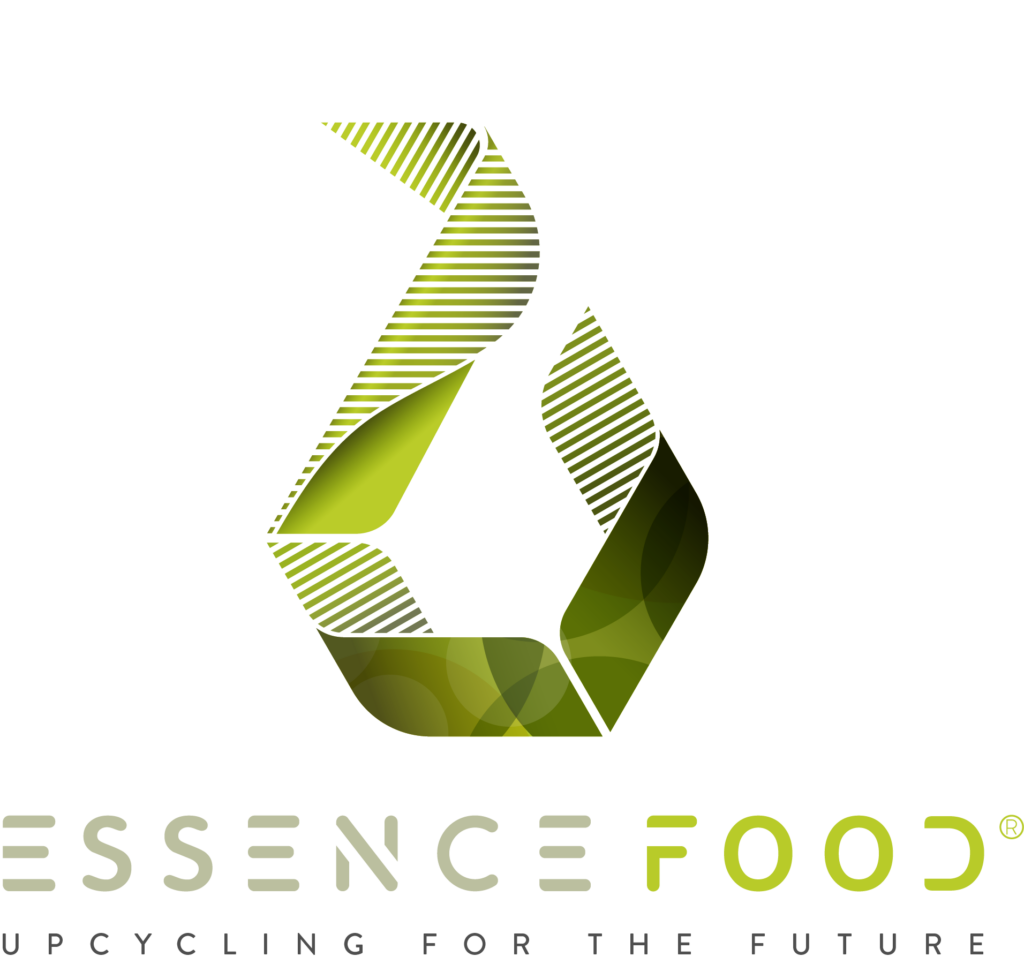We are a Food Technology Company that provides a revolutionary solution to transform food loss into a new kind of nutrient-rich food using exclusive freeze-drying technology to minimize food waste volume and cost while maximizing its potential market value.
A solution tailor-made to maintain the nutritional
properties of the product and extend its shelf life with
an enormous ease of transport and storage.

YOUR OWN BUSINESS
We provide you with a customized and ultra low cost solution. We design the entire freeze-drying value chain for you, including analyzing your input, addressing capacity needs, facilitating the commercialization of your output, providing technical support and monitoring. This service offers the exclusive benefit of empowering you to have full ownership and control over your technological asset.

PARTNERS
We offer to you a more financially feasible option to lease a freeze-dryer for a specified period. You will access the latest and most advanced freeze-drying technology without the need of a significant capital investment or being committed to long-term ownership.Renting provides high flexibility, scalability and mobility while maintenance and support throughout the rental period.

LET US DO THE JOB
FDa@S: Freeze-drying as a service. Become a Partner and Service Provider of freeze-drying: cooperational opportunity for small business units with low full capacity utilization to monetize the freeze-dryer with your own production and with third parties eager to pay to freeze-dry specific amounts of food.
EF 260
With 25 kg loading capacity and very low energy consumption, it is ideal to quickly and flexibly test your lyophilized product line.


EF 440
With up to 60 kg of loading capacity and very low energy consumption, it is ideal to carry out a bigger freeze-dried product line.
CLIENTS + PARTNERS
Barcelona – Spain
Carrer Pere IV, 38
local B, 08005
Barcelona
(+34) 646 45 73 98
Pontevedra – Spain
Calle A Basella, 13 – 2° C
36620 Vilanova de Arousa,
Pontevedra
(+34) 620 750 094
United Arab Emirates
DIRC Warehouse W4-D1
Dubai Investment Park 2,
UAE
(+971) 55 462 0283







